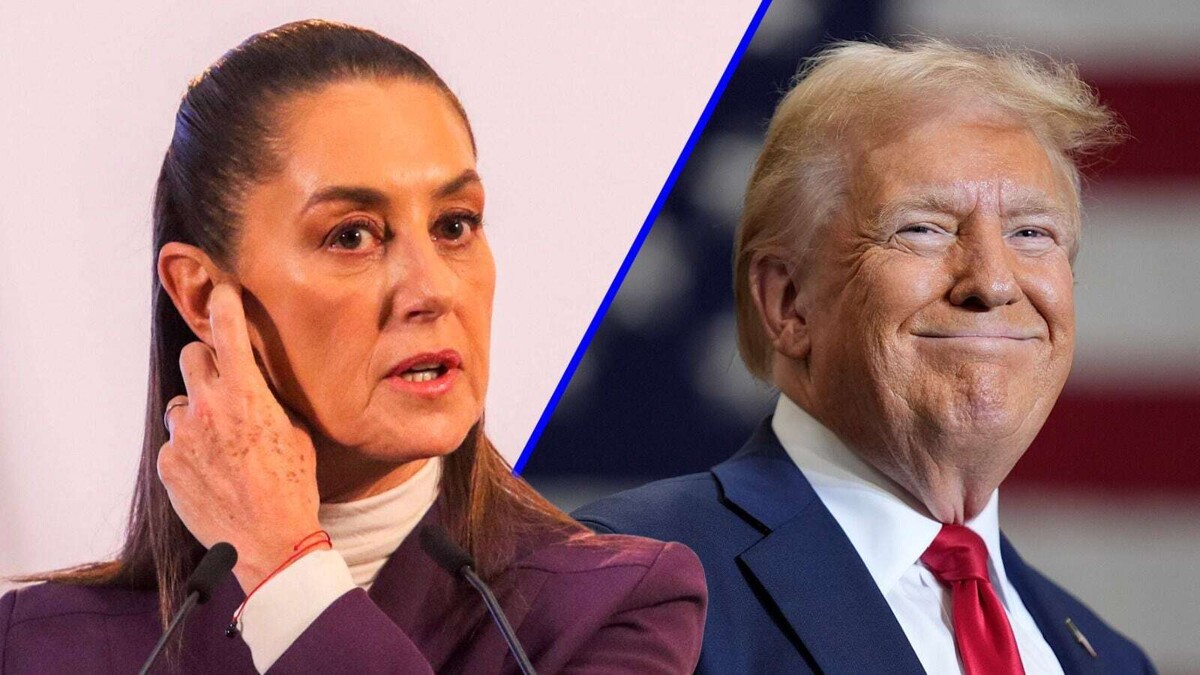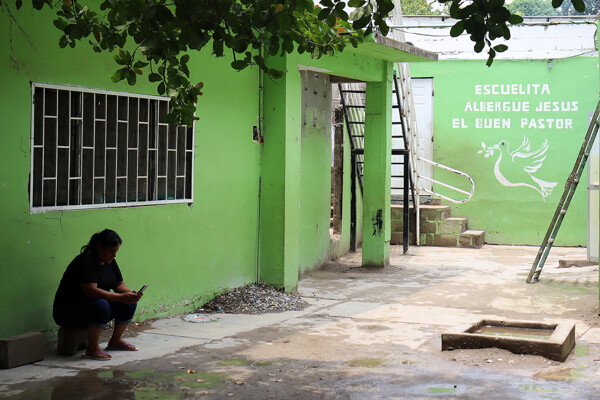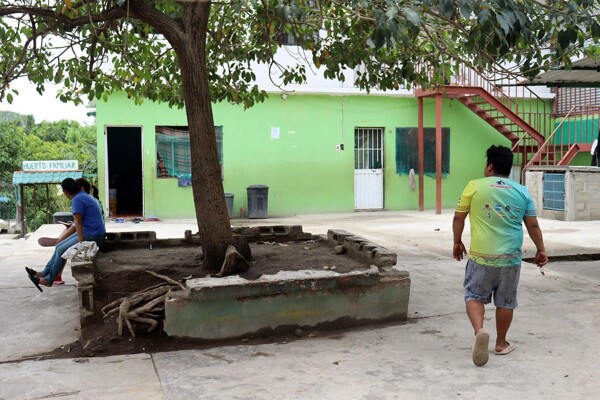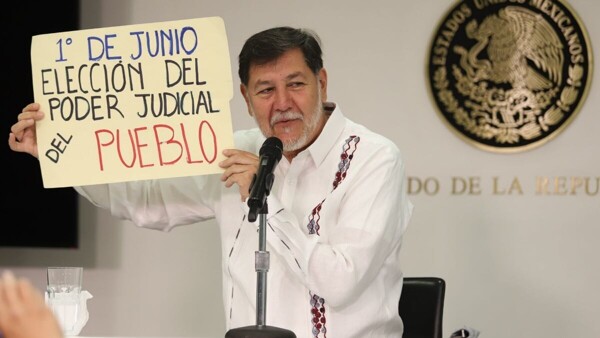
The Mexican government has been challenged by outgoing US President Donald Trump, who has promised mass deportations and restrictive measures at the southern border. Despite this, Mexican President Andrés Manuel López Obrador has stated that his government will face problems with dignity and pride, representing his people.
In the past, Mexico was pressured to accept Trump's demands, such as the program that allowed asylum seekers to be sent to Mexico while waiting for their cases to be resolved in the United States. According to Trump's former Secretary of State, Mike Pompeo, Mexico yielded to these pressures, which the former Mexican ambassador to Washington, Martha Bárcena, considered a mistake with dangerous legal consequences.
The current Secretary of Economy, Marcelo Ebrard, will lead the Mexican delegation in the review of the USMCA, which has been met with skepticism by Trump, who sees the negotiations as impositions of his viewpoints. Mexico faces a second term of Trump, with threats of mass deportations that could affect the country both humanitarianly and economically due to the importance of remittances.
Despite similarities with the first stage, in which the establishment of tariffs was avoided, Mexico now finds itself in a different and unfavorable scenario. The tensions increase with Trump's demands to recover jobs and compete with China, whose investments in Mexico could affect economic relations with the United States. Additionally, recent legal reforms in Mexico raise concerns about judicial independence and potential violations of the USMCA.
At the southern border of Mexico, migrants fear being restricted following Trump's victory, despite promises from the Mexican government of job opportunities and industrial development. Insecurity in the region increases, worrying migrants and activists who demand respect for human rights and measures that guarantee their safety and dignity.
The relationship between Mexico and the United States faces new challenges under Trump's administration, with an uncertain economic outlook and tensions over migration and security issues. The stance of the current leader, Claudia Sheinbaum, presents a complex scenario due to her ideological differences with Trump and her more nationalist approach. The forecasts regarding the USMCA review and Trump's demands maintain a climate of uncertainty in the bilateral relationship.














